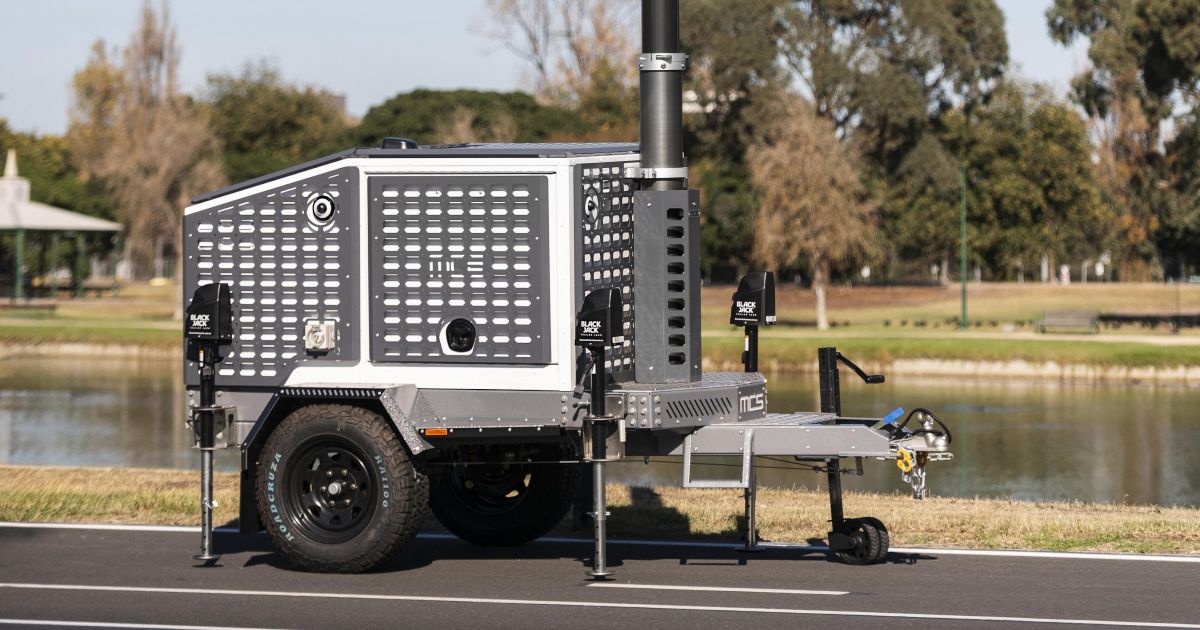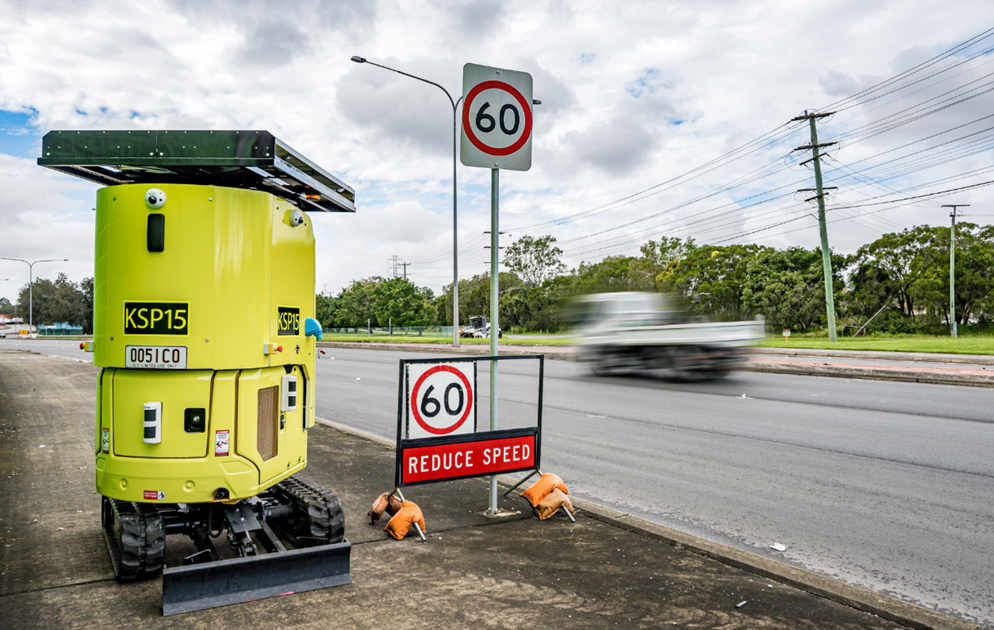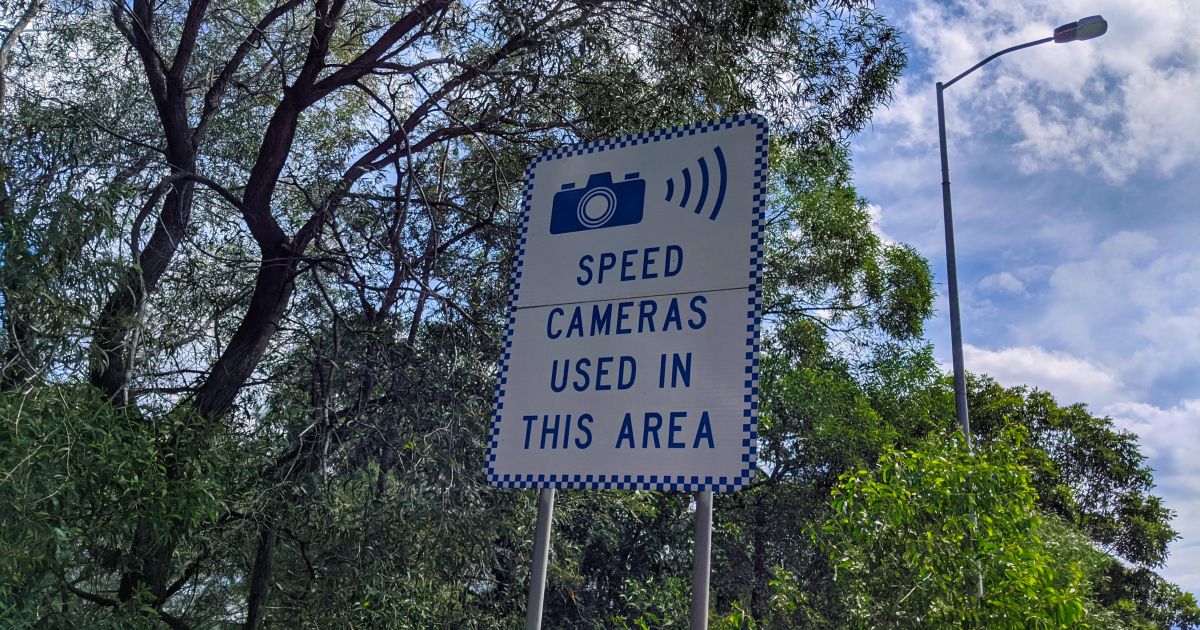Australian motorists must already contend with fixed and mobile speed cameras, time-over-distance speed cameras, red light cameras and in some states mobile phone and seatbelt detection cameras, and now they can add ‘smart enforcement traffic cameras’ to that list.
Described as a global leader in smart transportation, Verra Mobility today announced the commencement of an independent trial to test its new trailer-based, all-in-one camera technology in Melbourne, which will detect not only vehicle speed but red light, bus lane, seatbelt and mobile phone violations.
Unlike its existing trailer-based “road safety cameras”, which are limited to point-in-time speed monitoring, Verra’s next-generation cameras are also equipped with number plate recognition and, when two are used, average speed detection.
CarExpert can save you thousands on a new car. Click here to get a great deal.
As part of the four-week “non-enforcement technical trial”, two relocatable trailers have been deployed at different points along Canterbury Road, Albert Park.
The trial will collect data which will then be shared with the Victorian Government to “help shape future public safety and mobility programs”.
“These systems are ultimately built to reduce risk, improve road safety, and make people more vigilant – especially in high-risk locations like school areas and work zones,” said the senior vice president and managing director of Verra Mobility, Steven Crutchfield.
Verra says its automated trailed-based cameras can be deployed on the side of roads without the ongoing need for on-site operators, thereby reducing operational costs and roadside risks.
“Any roadside deployment involving personnel exposes the operator to significant risk. Our automated trailer-based systems greatly reduce that risk while helping governments across Australia ensure the safety of road-users, pedestrians, and workers,” said Mr Crutchfield.
In addition to their traffic monitoring capabilities, each camera incorporates technologies including CCTV, fire suppression systems, GPS tracking, advanced locking mechanisms, and an onboard generator for silent operation.
The Melbourne trial will focus on calibration and validation of the equipment, which Verra says is “an essential step for generating the insights needed for future deployments across Victoria”.
“Unlike fixed enforcement cameras, trailer-based and relocatable systems can be deployed virtually anywhere – urban streets, rural highways, or high-risk zones – and moved at short notice. This flexibility creates an important psychological effect; drivers never know where a unit might be positioned,” said Mr Crutchfield.
“Uncertainty changes behaviour. When drivers understand that speed limits could be enforced anywhere at any time, they are far more likely to slow down – not just at camera locations, but across their entire journey.”
Verra says hundreds of thousands of hours have already been logged by more than 9000 of its camera systems worldwide, “helping governments achieve their safety goals by targeting dangerous driving anywhere, anytime”.
However, despite record numbers of traffic cameras in Australia, and record levels of revenue raised by them, the nation’s road toll continue to climb.




